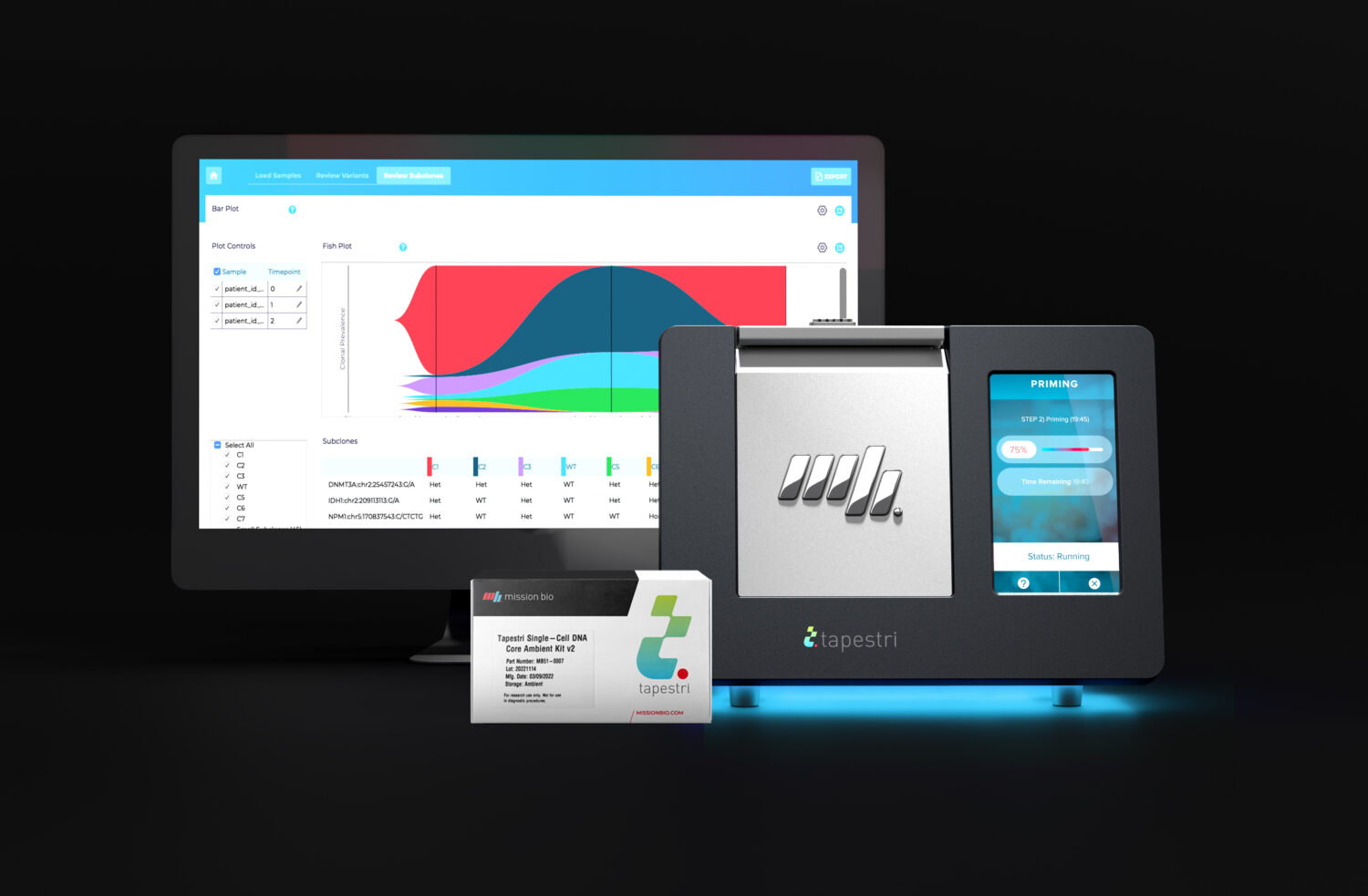
What You Should Know:
– Mission Bio, a leader in single-cell multiomics solutions for precision medicine, today announced the launch of its Single-Cell Genotype and Targeted Gene Expression assay, expanding the capabilities of its Tapestri Platform to become the only commercial solution that delivers simultaneous genotype and targeted gene expression profiling from over 10,000 single cells.
– The assay, which can be leveraged for Phase 2 or 3 trials to home in on patients most likely to benefit from a cancer therapy, will be unveiled at the European Hematology Association (EHA) meeting in Milan, Italy.
Mission Bio Launches Multi-Modal Single-Cell Assay to Advance Precision Oncology
Mission Bio has introduced a new Single-Cell Genotype and Targeted Gene Expression assay as part of its Pharma Assay Development (PAD) services, offering end-to-end support from custom assay design to data interpretation and technology transfer. This multi-modal assay provides pharmaceutical partners with a high-resolution understanding of cancer cell behavior, with three primary applications: uncovering mechanisms of therapeutic resistance, informing next-generation T-cell therapy design, and improving patient selection in clinical trials.
The assay is specifically designed to overcome challenges in characterizing tumor heterogeneity and resistance pathways—persistent bottlenecks in oncology drug development. Existing methods often fall short of providing integrated insights across genomic and transcriptomic layers. By capturing both genomic mutations and targeted gene expression changes within the same cell, the enhanced Tapestri Platform delivers a unified, high-resolution view of treatment response and disease progression, helping de-risk late-stage development.
Mission Bio CEO Brian Kim noted that most clinical failures in hematologic oncology occur during Phase II or III trials due to poor patient response and a lack of robust predictive biomarkers. He emphasized that this new capability helps identify which patients are most likely to respond to specific therapies, aligning with Mission Bio’s broader goal of enabling precision medicine through single-cell analytics.
The assay also includes sample multiplexing, reducing the cost of single-cell analysis by approximately 60% compared to using separate technologies for similar insights. Early adopters of the Tapestri Platform have already integrated targeted gene expression with single-cell genotyping and multi-omics workflows, highlighting its utility in applications such as tracking clonal evolution and resistant subclones in AML under therapeutic pressure.
Future development by the PAD team will include adding immunophenotyping to the assay, enabling true multi-omic profiling at the single-cell level for deeper insights into tumor-immune interactions and therapeutic impact.







.jpg.webp?itok=1zl_MpKg)





 Bengali (Bangladesh) ·
Bengali (Bangladesh) ·  English (United States) ·
English (United States) ·